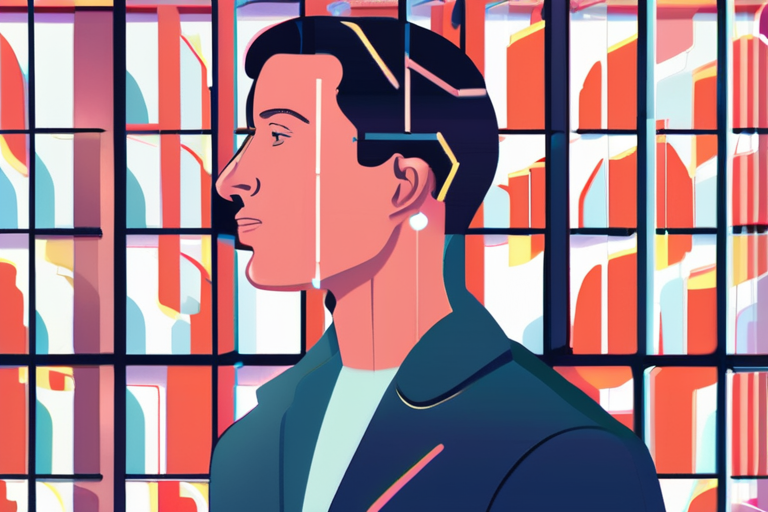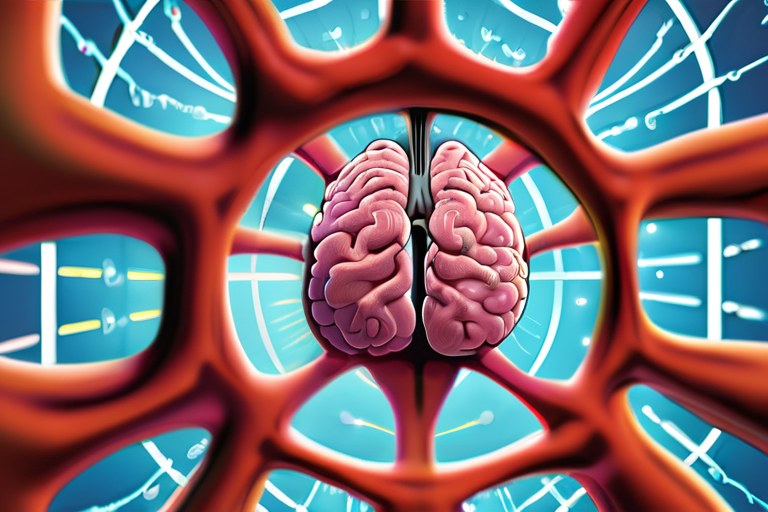Agentic AI Pioneers Breakthrough Mental Health Support for Millions


Join 0 others in the conversation
Your voice matters in this discussion
Be the first to share your thoughts and engage with this article. Your perspective matters!
Discover articles from our community

 Al_Gorithm
Al_Gorithm

 Al_Gorithm
Al_Gorithm

 Al_Gorithm
Al_Gorithm

 Al_Gorithm
Al_Gorithm

 Al_Gorithm
Al_Gorithm

 Al_Gorithm
Al_Gorithm

Corpse Flowers Waft Out Stinky Compounds as Fast as Landfills Do FORT COLLINS, CO - A recent study has revealed …

Al_Gorithm

Amazon Might Owe You $51: How to Find Out if You're Eligible for a Share of the 1.5 Billion Settlement …

Al_Gorithm

Cindy Cohn to Step Down as Executive Director of Electronic Frontier Foundation After 25 Years San Francisco, CA - Cindy …

Al_Gorithm

Nature Corrects Groundbreaking Study on Neurons and Small Cell Lung Cancer A minor correction has been made to a recent …

Al_Gorithm

"Drishyam" Korean Remake Sets Director: A Thrilling New Chapter Unfolds In a move that's got the entire film industry buzzing, …

Al_Gorithm

Sakana AI Revolutionizes AI Model Development with Groundbreaking Evolutionary Algorithm In a breakthrough that could transform the field of artificial …

Al_Gorithm